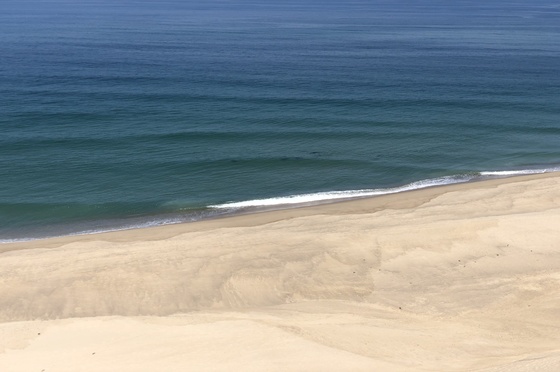As the research lenses enlisted by researchers and theorists have shifted, so our understandings of literacy have changed. The waves of development in literacy education research represent shifts in the frames of reference that govern inquiry. These different frames of reference befit what some might consider theoretical constructs, paradigms, or shared orientations—acting like cross currents with the various waves. In tandem with these frames and having an influence upon their deployment, certain methodologies have predominated—beginning with an emphasis upon correlational studies that later merged somewhat with quasi-experimental investigations and multiple correlational approaches. While these persist, in the late 1900s a wave of socio-cultural-political perspectives surged, in tandem with qualitative, formative, and design-based research as well as studies seeking transformative change.

